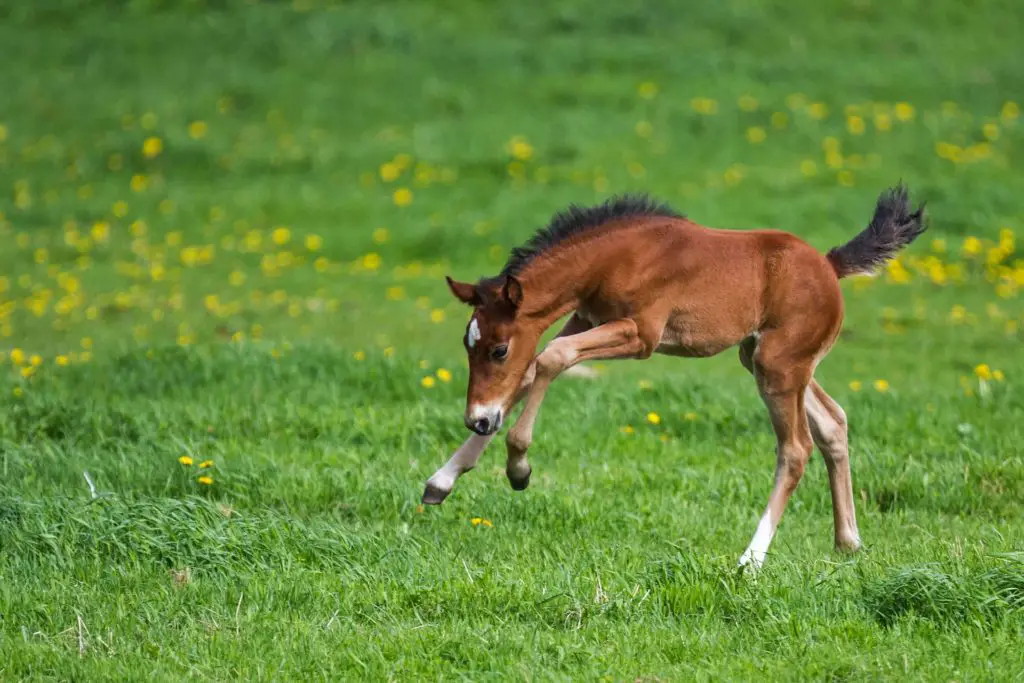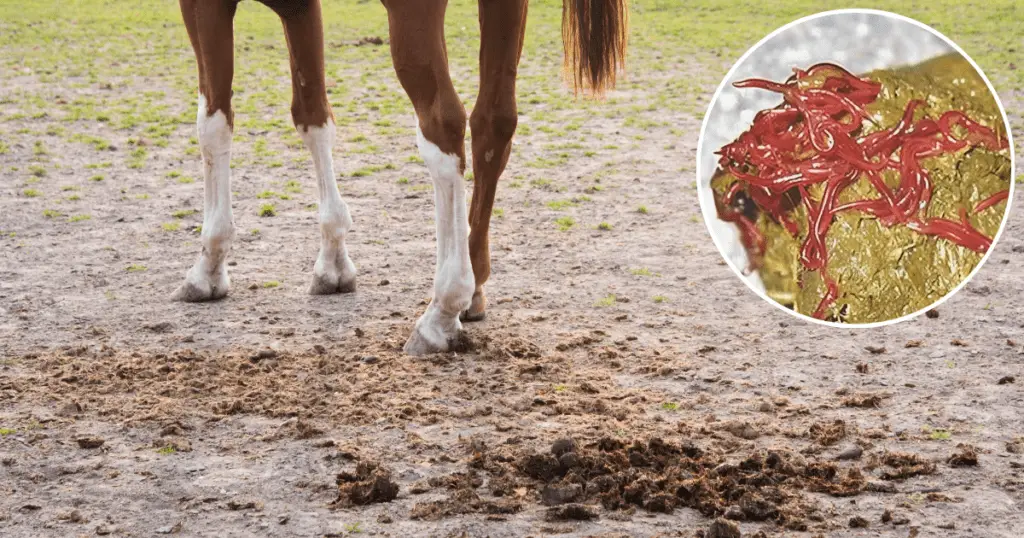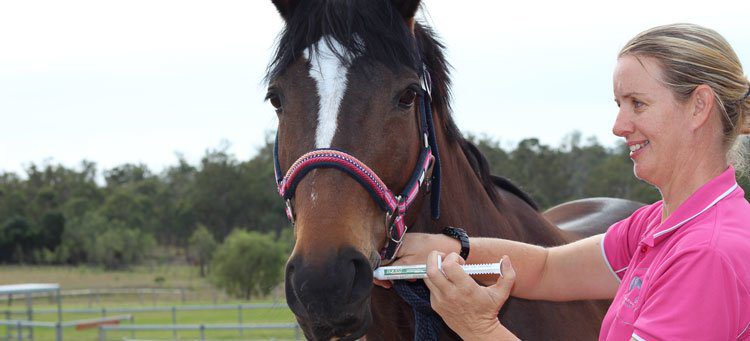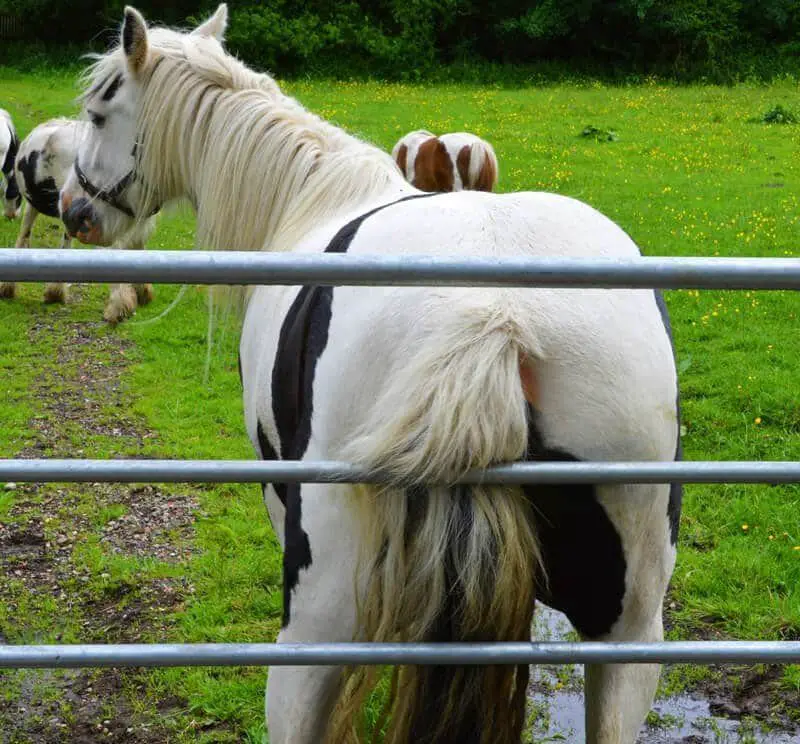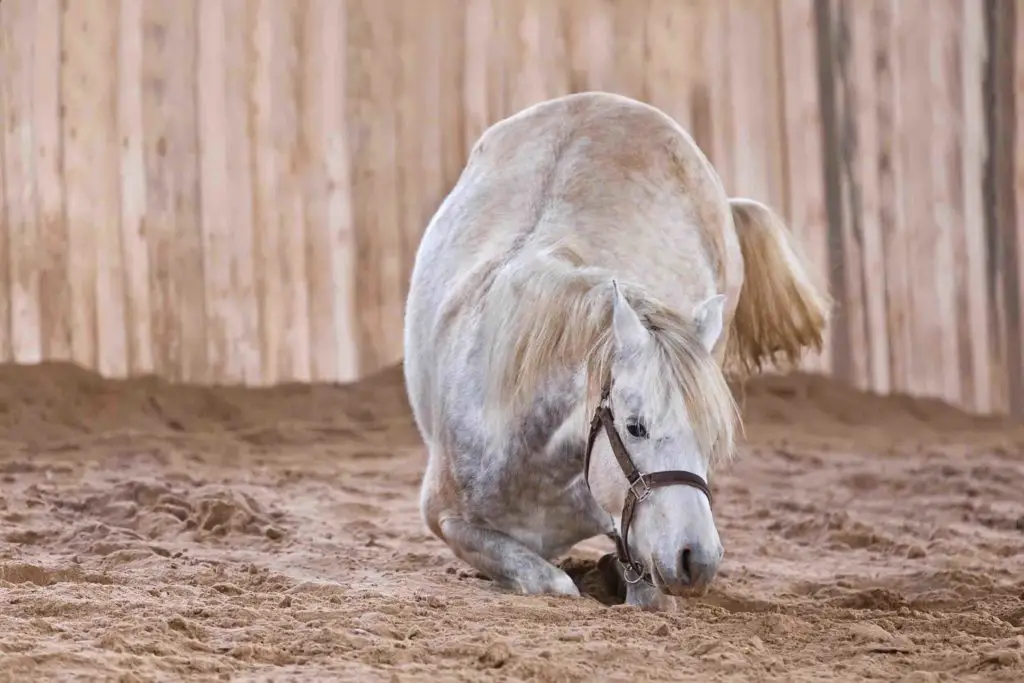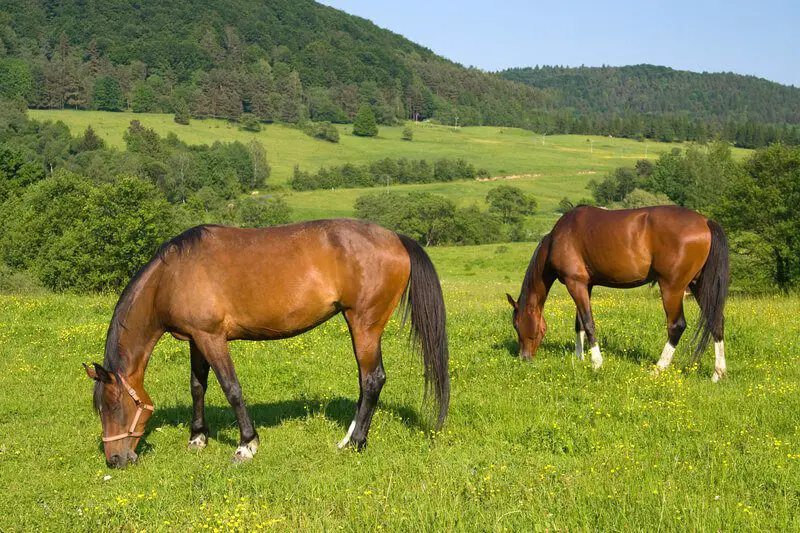As a horse owner, you are always concerned about the health and well-being of your horse. If your mare is pregnant, this can raise a few questions regarding her care. One of the most important questions that came to mind was when should I worm her. Worming a pregnant mare is a delicate matter that requires careful consideration. On one hand, you want to make sure that the mare is healthy and free of parasites, but on the other hand, you don’t want to do anything that could harm the developing foal. It’s important to consult with your veterinarian to determine the best course of action. There are several factors to consider when deciding when to worm a pregnant mare, including the type of wormer to use, the timing of the worming, her previous worming history, and the mare’s overall health. By working closely with your vet, you can ensure that your mare receives the proper care and attention she needs throughout her pregnancy. The Importance of Deworming Pregnant Mares As a horse owner, I know how important it is to keep my animals healthy and happy. One critical aspect of equine health is deworming, and this is especially true for pregnant mares. Worms can cause serious health problems for both the mare and her unborn foal, so it’s crucial to take preventative measures. When it comes to deworming pregnant mares, timing is everything. It’s generally recommended to deworm mares at least twice during pregnancy, with the first treatment taking place in the first trimester and the second (depending on the product used) around day 180. This helps to ensure that the mare’s immune system is strong and that her foal is protected from any parasites. The best way to determine if your mare actually needs worming is by having a faecal egg count done on her manure. This examination determines how many, and what worms she has, and can allow strategic worming to target the correct parasites she may have. It’s essential to work with your veterinarian to determine the best deworming protocol for your mare. The type of wormer used and the frequency of treatment will depend on a variety of factors, including your mare’s age, health status, previous worming history, and the specific parasites present in your area, along with the drugs and their strength in the wormer being used. Keep in mind that deworming pregnant mares requires extra care and attention. Some types of wormers can be harmful to the developing foetus, so it’s crucial to choose a safe and effective product. Additionally, pregnant mares may experience more stress during deworming, which can have negative effects on their health and the health of their foal. Overall, deworming pregnant mares is an essential part of equine healthcare. By working closely with your veterinarian and following a proper deworming protocol, you can help ensure that your mare and her foal stay healthy and happy throughout pregnancy and beyond. When to Deworm a Pregnant Mare Deworming is crucial, as it helps to prevent any potential health issues that may arise from parasites. However, it is important to time the deworming correctly, as some dewormers can be harmful to the developing foetus. The most effective way to know when to deworm your mare is by having a faecal egg count done on her manure. This process estimates her worm burden and is the safest way to determine whether she needs worming and with which product. It is a fairly cheap procedure and can be cheaper than a wormer. Faecal egg counts are very important if you are unsure of the mare’s worming history if you have just acquired her also, as worming can sometimes cause colic or diarrhoea if the mare has a worm burden and is suddenly wormed. Depending on the faecal egg count results, the best time to deworm a pregnant mare is during the early stages of pregnancy, ideally before 90 days of gestation. During this time, the mare’s immune system is still developing, and she is less likely to pass on any parasites to the foetus. Deworming at this time also helps to prevent any potential health issues that may arise from parasites, such as colic or diarrhoea. It is important to choose the right dewormer for a pregnant mare. Some dewormers can be harmful to the developing foetus, so it is important to consult with a veterinarian before administering any medication. A veterinarian can recommend a safe and effective dewormer that will not harm the mare or her foetus. In addition to deworming, it is important to maintain good hygiene practices in the barn. This includes regularly cleaning stables, paddocks, and pastures to prevent the buildup of manure and other waste, which can attract and house parasites. By keeping the environment clean and free of parasites, you can help to reduce the risk of infection and keep your pregnant mare healthy. Types of Dewormers for Pregnant Mares Safe and Effective Dewormers I have found that pregnant mares require special attention when it comes to deworming. It is important to choose a dewormer that is safe and effective for both the mare and the developing foal. I recommend using dewormers that contain ivermectin or moxidectin, as these are considered safe for pregnant mares. It is also important to note that not all dewormers are safe for pregnant mares. Be mindful though, that some areas have a major resistance to ivermectin wormers and it is always best to consult with your Veterinarian. A resistance means the parasites have become immune to the drug and it does not kill them. Deworming Dosage When it comes to deworming pregnant mares, it is important to follow the recommended dosage. Under-dosing can lead to ineffective treatment while over-dosing can be harmful to the mare and foal. I recommend following the manufacturer’s instructions for dosing or consulting with a veterinarian for specific recommendations based on the mare’s individual needs. Using a faecal egg count test can also help to determine when

![My mare is pregnant. When should I worm her? [Worming Pregnant Mares]](https://eevs.com.au/wp-content/uploads/2024/02/My-mare-is-pregnant.-When-should-I-worm-her-Worming-Pregnant-Mares-1024x538.png)
